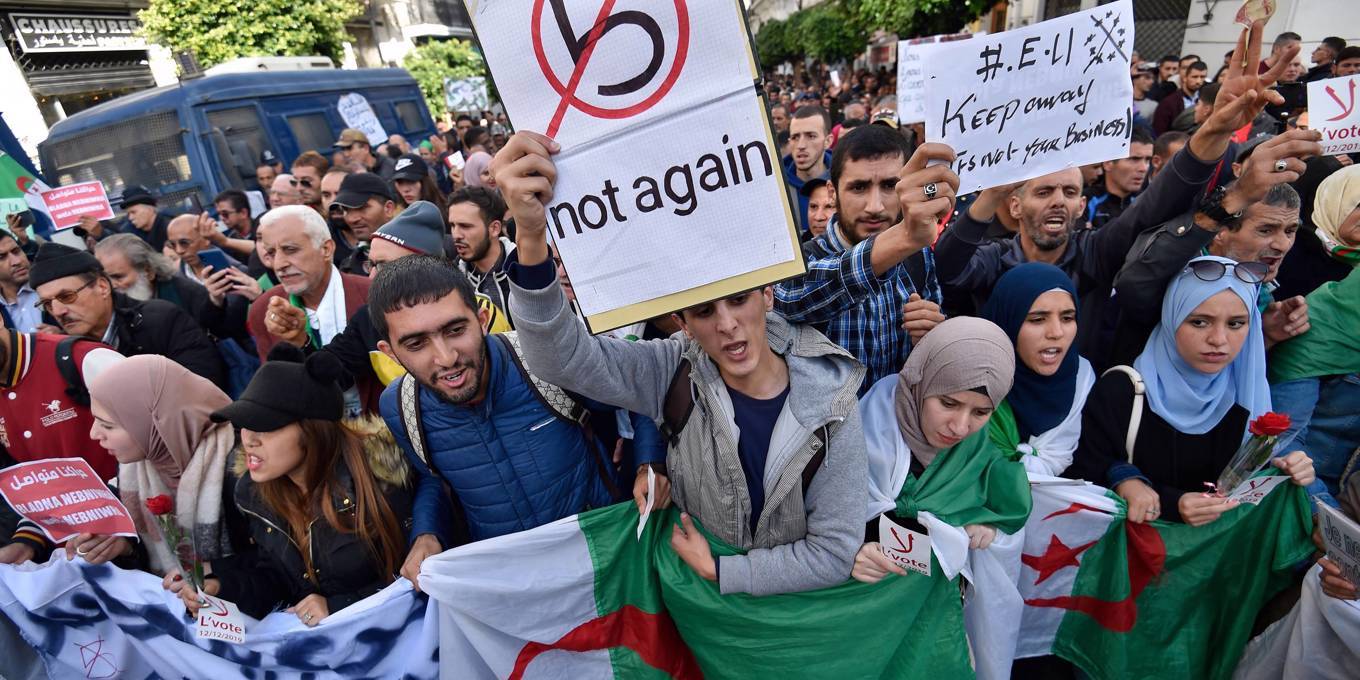Many countries across the Middle East and North Africa (MENA) remain stuck in the transition from an administered to a market economy. While some have made more progress than others, all continue to face a wide range of economic and political challenges.
The main economic obstacles fall into two general categories: opaque ownership structures and firms’ inability to enter or exit markets easily. Politically, the fact that most MENA countries are autocracies — the region is one of the last on Earth with absolute monarchies and military rule — is the principal barrier to economic change.
Nonetheless, social pressure has grown with the rise of a more educated generation whose aspirations often exceed the limited opportunities available in labor markets dominated by public sector hiring. The private sector in most MENA countries is chronically anemic, and the politicization of employment has effectively disenfranchised many young people, triggering an explosion of angry street protests.



















With your current subscription plan you can comment on stories. However, before writing your first comment, please create a display name in the Profile section of your subscriber account page.